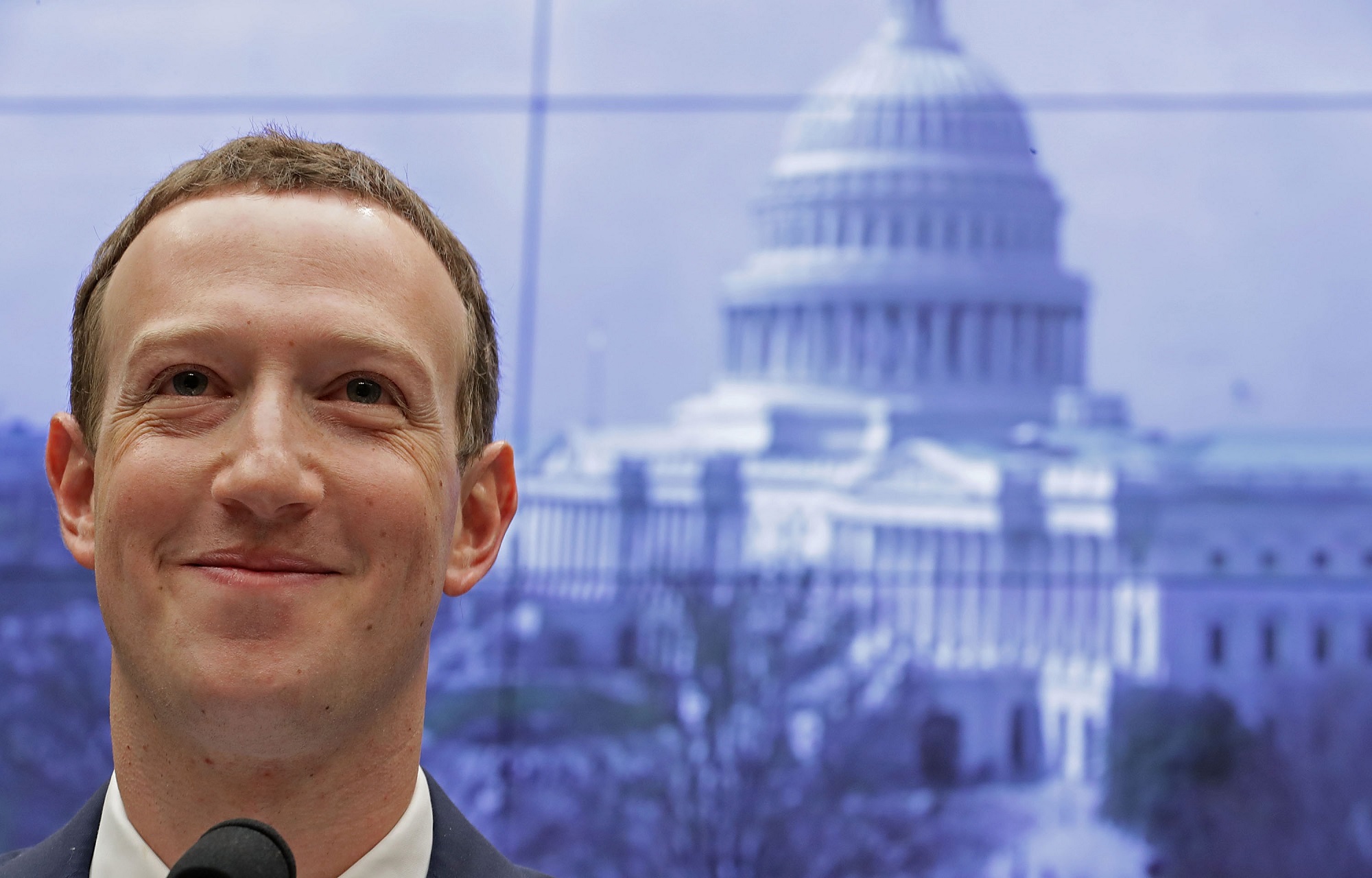Facebook is going to let US voters opt out of seeing political ads

The news: Facebook has announced that people will soon be able to opt out of seeing political advertisements on its platform. It will start giving a small group of US users the ability to hide ads from candidates or political action committees in their Facebook or Instagram feeds before expanding the feature to all US users and several other countries in the coming weeks.
In an op-ed in USA Today, Facebook cofounder and CEO Mark Zuckerberg said users will still be reminded to vote, and the company aims to help 4 million people register. “I believe Facebook has a responsibility not just to prevent voter suppression — which disproportionately targets people of color — but also to actively support well-informed voter engagement, registration and turnout,” he wrote.
Are you seeing what I’m seeing? Facebook is trying to respond to one of the biggest criticisms it’s faced in recent years, from those including the Biden presidential campaign—that it exempts political ads from its fact-checking program, thus letting politicians lie without consequence. Letting users opt out doesn’t change that.
And that’s not all: The change also doesn’t deal with another common claim about online political ads, which is that micro-targeting voters by area, age, or gender is unhealthy for democracy, reducing accountability and letting misinformation spread quickly. Social-media companies have diverged on this issue. Twitter stopped accepting political ads last year. Its cofounder and CEO Jack Dorsey said: “We believe political message reach should be earned, not bought.”
Keep Reading
Most Popular
Large language models can do jaw-dropping things. But nobody knows exactly why.
And that's a problem. Figuring it out is one of the biggest scientific puzzles of our time and a crucial step towards controlling more powerful future models.
The problem with plug-in hybrids? Their drivers.
Plug-in hybrids are often sold as a transition to EVs, but new data from Europe shows we’re still underestimating the emissions they produce.
How scientists traced a mysterious covid case back to six toilets
When wastewater surveillance turns into a hunt for a single infected individual, the ethics get tricky.
Google DeepMind’s new generative model makes Super Mario–like games from scratch
Genie learns how to control games by watching hours and hours of video. It could help train next-gen robots too.
Stay connected
Get the latest updates from
MIT Technology Review
Discover special offers, top stories, upcoming events, and more.